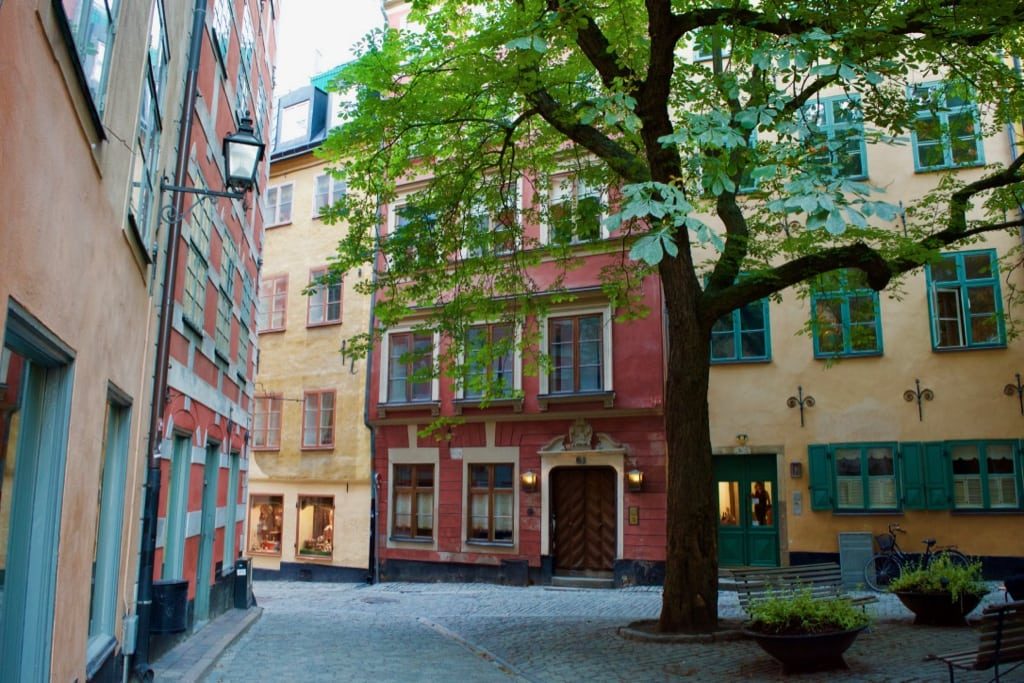
The gentleman in the Stockholm café
My first trip to Stockholm was in summer 2003. It wasn’t my first trip to Sweden; the summer before I had been to the south of the country, combining a few days in Copenhagen with a few more in its Swedish neighbour across the Öresund Bridge, the city of Malmö in southern Sweden. I immediately took a shine to the country, with its fresh air and sparkling water (for more on my then-burgeoning love affair, see 5 Reasons Why I Love Sweden), so the following summer I headed to its capital to see a little more of what Sweden had to offer.
It was there, in a basement café under the Royal Swedish Opera House in the city centre, that I had an encounter which, brief as it was, had a lasting impact on me. I had gone in for a spot of lunch; this was back in my pre-vegetarian days, and I decided this was the perfect occasion to try Swedish meatballs. Determined to make an effort, I had a stab at ordering using the Swedish name of the dish, köttbullar. It wasn’t too successful – this wasn’t the first time I discovered that Swedish words aren’t pronounced anything like how they would be in English – but at least it broke the ice with the waiter, who insisted on me repeating his pronunciation until I got it right…
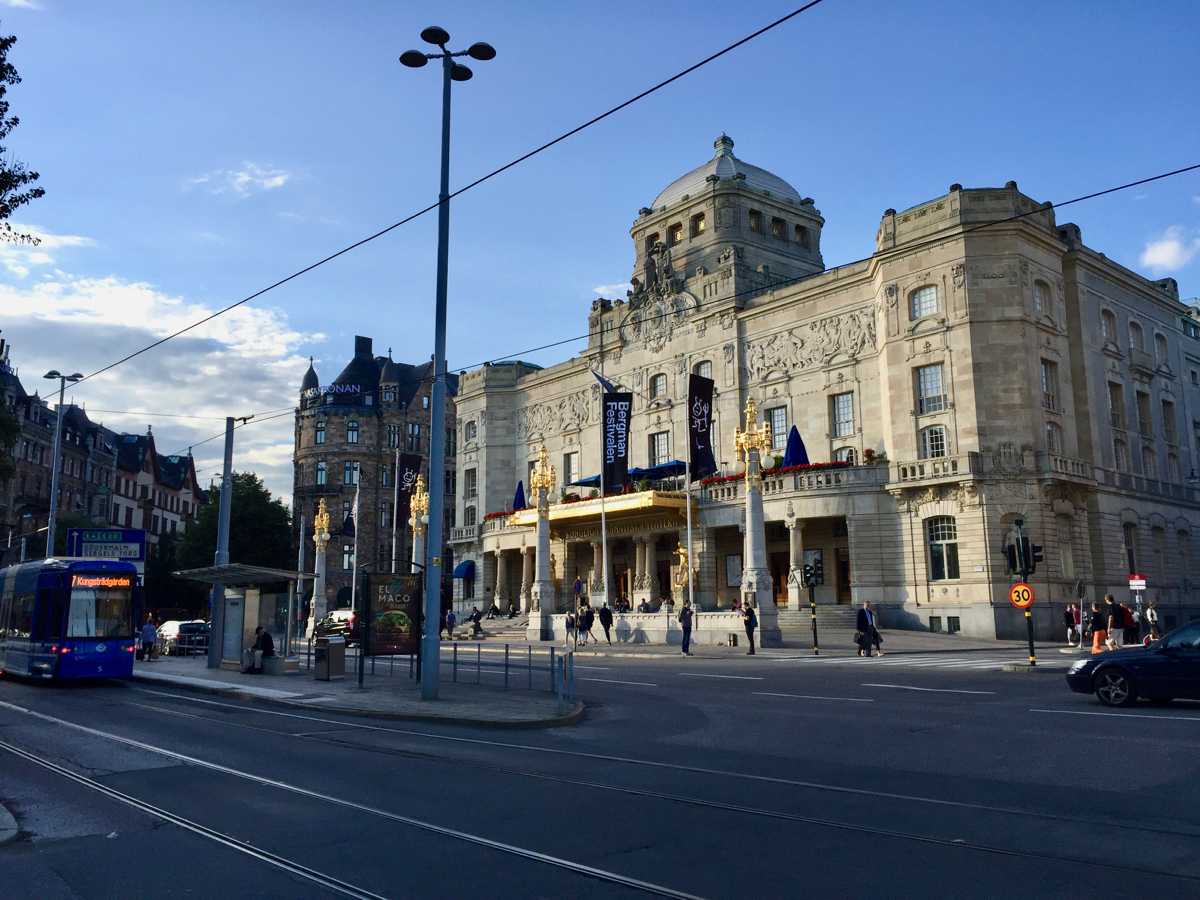
Sitting down at a counter with meatballs and a beer, I settled in to a quiet lunch with my guidebook. Towards the end of my meal, however, I was approached by an older gentleman. I would probably have him pegged as a typical opera-goer: well-dressed, dapper, a little flamboyant; in any case he struck me immediately as a nice person as he politely asked where i was from. “England”, I told him.
“You’re from England? Please let me pay for your lunch”. Taken aback, I politely declined. “No, please, let me. I want to thank you for everything your country did for Sweden during the war”.
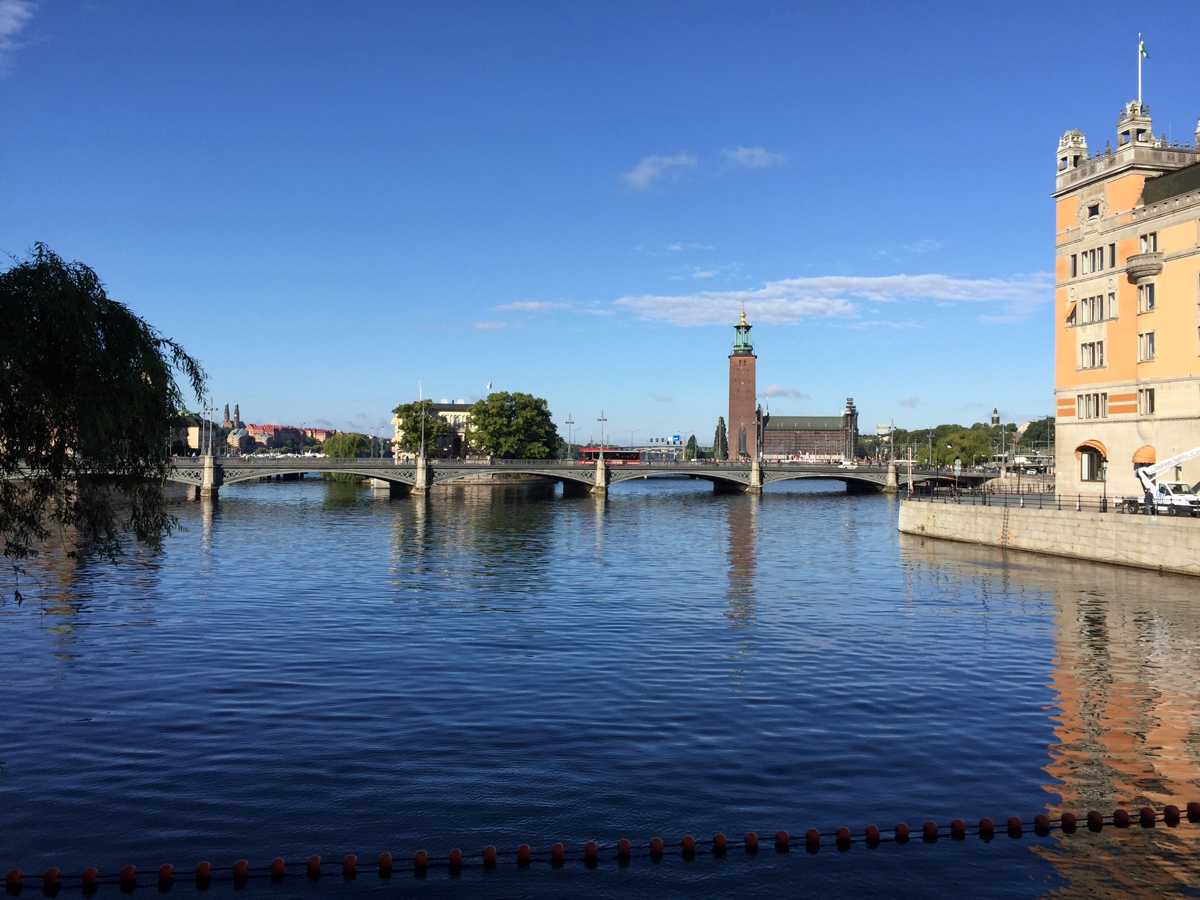
And with that, accepting my stunned but grateful thanks, he said his goodbyes and departed. No expectations, no ulterior motive, just a man with memories I couldn’t fathom who wanted to do a good deed for a citizen of the country he credited for helping Sweden through a tough period. I accepted mainly because I sensed his offer was genuine and it would have been disrespectful to decline, but the encounter left me with thoughts whirring through my head. This gentleman was from another era, one of respect and mutual support which would be treated with suspicion today. It was a reminder that there are still people alive with memories of a very different time in Europe’s history. I was glad I met him.
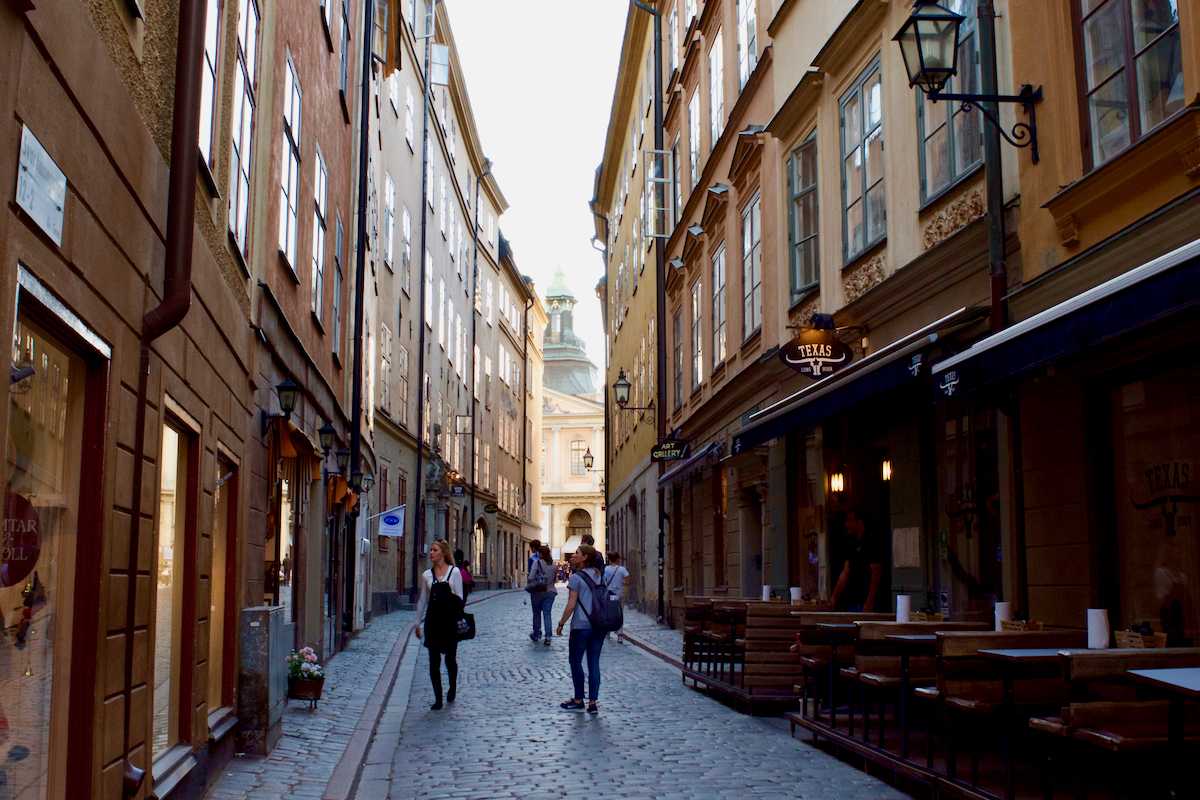
If you enjoyed this post, check out these other inspirational encounters with people around the world!
- An African market day: The local market at Camp Robin, Madagascar
- Nizwa Souq: The magic of Oman
- Kibera slum tour: Real life in an African slum
- Dharavi slum tour: Discover the true entrepreneurs of Mumbai
- Eagle hunter: In the mountains of Kyrgyzstan
- Traditional dances of the world: Discover local dance and folk dance
- The gentleman in the Stockholm café
- The man in the corner shop: An encounter in old Jerusalem
- The coffee seller of Tainan
Travelling to Europe? Check out these posts for more inspiration!
- The perfect 5-day Cyprus itinerary
- Explore Vianden Castle in the Luxembourg Ardennes
- A Moselle River cruise from Remich to Schengen, Luxembourg
- Must see Luxembourg: Top things to do in Luxembourg City
- Lisbon airport to the city centre: Using the Lisbon airport metro
- One Day in Lisbon: Exploring Lisbon Castle
- Chernobyl tours from Kiev: Is Chernobyl safe to visit?
- Kiev metro: How to use it, and the stations you MUST visit!
- What to do in Kiev in winter: The perfect 3-day itinerary
- The best day trips from Kiev: Visit Uman, central Ukraine


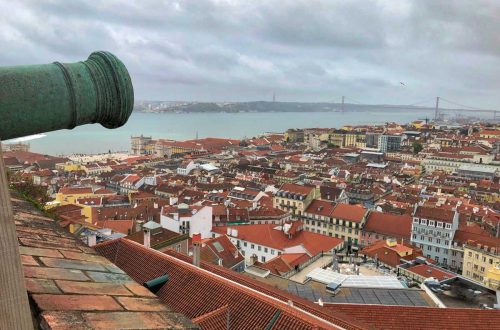
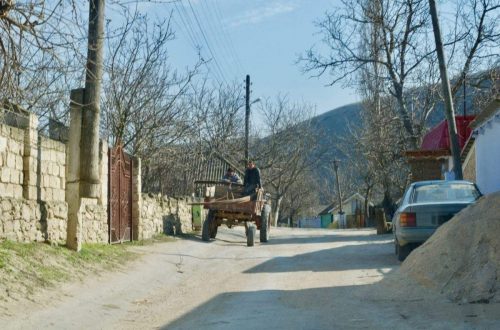

16 Comments
Dippy Dotty Girl
How fantastic an incident. I do not think one usually bumps across such individuals. He is straight out the pages of a book.
Jill Bowdery
He really was – it was like “are you serious?” I didn’t think those people still existed. Such a lovely guy…
Chirasree
Such serendipitous experiences make travel worthwhile.
Chirasree
Loves reading this post. Such serendipitous experiences make travel worthwhile.
Lucy
What a beautiful and humbling experience it must have been for you, he sounds like a wonderful man. It’s definitely the people in the places we visit that have a lasting effect on us isn’t it? xx
Alex
What a great story! Although I wanted you to chase after him and get his back story! And now we’ll never know. What a gentleman.
Sara
Such a great story. I think we often expect there to be ulterior motives behind all kind acts at first, and it makes me sad a little. What a beautiful reminder of the good there is in the world.
Lindz @ I've Been Bit!
Aww that’s so sweet! I love encounters like that – they give me faith in the human race! 🙂
Maria
That’s a nice story there. I like the way you wrote it down, not blowing it up to anything bigger than it was, just a very short encounter that made you think and can make your readers think, too, despite it’s brevity. Lovely read.
Eva
What a surreal encounter. Kudos for learning how to correctly pronounce köttbullar without giving up 😀
Jill Bowdery
Haha – it’s an essential life skill! Just a shame I’m vegetarian now!!
Julie
It’s amazing how chance encounters with strangers can etch such a lasting impression on us. Thanks for sharing your story!
Forty AndEverythingAfter
What an extraordinary experience. Unexpected encounters such as this can have a really profound effect can’t they. Very interesting, I’m glad you shared it here 🙂
Jill Bowdery
Thanks! It was certainly eye-opening for me…
Lynne
I love this story! And I do think you meet people along the way — especially of a certain generation — that speak to that time of civility, decency and genuine kindness. We could use a bit more of that today.
Nuraini
Indeed. We tend to think of how people engage the world is in our lifetime, its values and its priorities, its fears and its manners, is what has always been – or that things have ‘improved’ to present day enlightenment because we’re in it.
But the reality is, every age has manners it adapts for its situation. It’s not one ‘progression’ line. Just change and adaptation. The better we understand the different eras, the more ideas we have to choose from, the world changes and changes again.